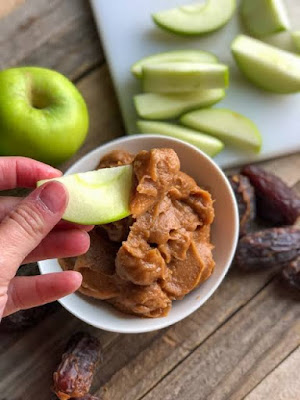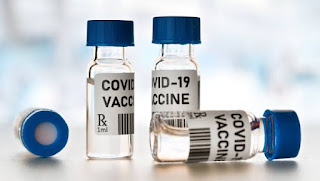What To Eat At Night? 8 Of Best Foods Before Bed Time
Late-night snacking has long been considered as contributing a lot to weight gain. But snacking at night doesn’t have to disrupt your weight loss goals, as long as you snack cautiously.
Research suggests that a nutrient-dense nighttime snack — ideally around 150 calories —may have potential benefits to overall health in many individuals. However, additional research is needed to shed light on the specifics — such as exactly which populations it could benefit, and what role exercise can play in the equation.
The big question for those eating late in the night is: What’s the best food to eat before bed? Here are some of the best options for late-night snacking.
Do your exercise in before bed in the comfort of your own home with open fit.
Apple with Peanut Butter
Greek Yogurt with Berries and Granola
Foods with Magnesium
Magnesium is necessary for 300 biochemical reactions in the human body, and research have shown this micronutrient could have an association with quality sleep (although further research is expected to better understand this mechanism). Consider adding some foods with magnesium— including pumpkin seeds, spinach, and almonds — to your late-night snack
Crunchy Veggies with Hummus
A late-night snack is the perfect way to include extra veggies to your diet. Baby carrots, celery sticks, and bell peppers are nutrient-dense and hydrating — and coupled them with hummus can add healthy fats, fiber, and protein, explains Cecere.
Peach with Cottage Cheese
Edamame with Sea Salt
Pear with Cheese
"When you’re looking for the best foods to eat before bed, go for ones with at least 2 grams of fiber per serving," Cecere advises. One medium-sized pear supplies 5.5 grams of fiber alongside other healthy vitamins and minerals. The cheese provides additi -onal protein and calcium, and it’s a great flavor counterpart to fruit. (Check your cheese portions, however, as the calories and saturated fat could add up quickly.)
Popcorn with Sea Salt
“Popcorn is a whole grain, and it’s relatively low in calories for the portion size, especially when it’s air-popped,” Cecere explains. Air-popped popcorn has around 1 gram of fiber per cup and is able satisfy your cravings for a salty snack.
What Not to Eat Before Bed
What are the best foods to eat before going to bed? Not these! When you’re craving a midnight snack, stay away from the following.
- High-calorie cravings. It’s easy to overeat high-calorie foods, especially when you're tired “Try to avoid snacks that are difficult to stop eating such as potato chips, cookies, and candy,” Cecere says.
- Junk food. “These foods offer few nutritional benefits,” Cecere warns. “Think of snacks as an opportunity to add nutrients.”
- Spicy, fried, or acidic foods. When these foods are eaten too close to bedtime, cert -ain individuals could become more susc -eptible to heartburn, reflux, and other digestive issues, says Jim White, RD, ACSM health fitness specialist and owner of Jim White Fitness & Nutrition Studios.
- Meal-sized portions. The research above mentioned was based on snacks with less than 150 calories, so aim to remain around that number.
- High sodium snacks. According to the American Heart Association, about 70 percent of the sodium we eat comes from processed, prepackaged, and restaurant foods. Research suggests higher sodium intake may be attributed to lower sleep quality, although this connection has not been clearly established. Regardless, avoiding high sodium snacks before bed is a fair strategy in general,since they’re usually highly processed and low in quality nutrients.
- Alcohol. This may seem counterintuitive, because an alcoholic drink could be relaxing and may even make you feel sleepy. But over the course of the night, research suggests alcohol could actually disrupt your sleep — and it certainly can’t provide you with a pre-bedtime nutritional boost.



















Comments
Post a Comment